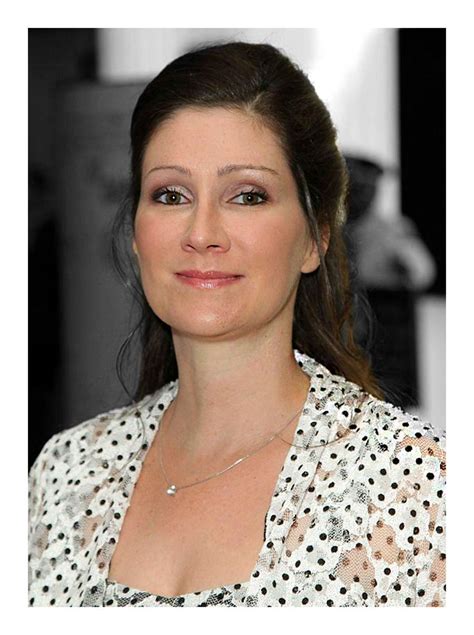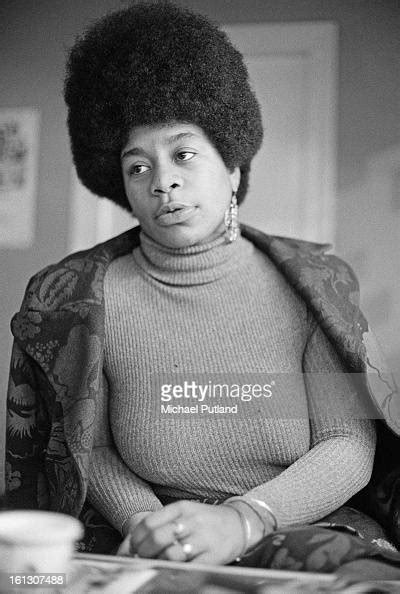A Quote by John Steinbeck
I start out to write five days a week, and then it runs to six days and finally seven. Then, eventually, that wave of weariness overwhelms me and I don't know what's the matter. That is, I know but I won't admit it. I'm just tired from writing. As you get older, writing becomes harder. By that I mean you see so many more potentialities. Things like transition used to trouble me. But not any more. When I say it's harder, I'm not talking about facility. You learn all the so-called tricks, but then you don't want to use them.
Quote Topics
Related Quotes
And then afterwards I worked in advertising for a year which taught me about writing even when you don't want to (laughter) because there's never a moment that you want to write about an Erickson cell phone but you have to. And that's really important you know obviously for the...like if you really want to write, you have to write every day no matter how you feel or you know. And then, yeah, and then I ended up working in TV and then from TV into movies and then directing, so.
It's funny - for a long time, I didn't know I was writing a book. I was writing stories. For me, each story took so long and took so much out of me, that when I finished it, I was like, Oh my gosh, I feel like I've poured everything from myself into this, and then I'd get depressed for a week. And then once I was ready to write a new story, I would want to write about something that was completely different, so I would search for a totally different character with a different set of circumstances.
I used to think that when I got older, the world would make so much more sense. But you know what? The older I get, the more confusing it is to me. The more complicated it is. Harder. You’d think we’d be getting better at it. But there’s just more and more chaos. The pieces—they’re everywhere. And nobody knows what to do about it. I find myself grasping, Nick. You know that feeling? That feeling when you just want the right thing to fall into the right place, not only because it’s right, but because it will mean that such a thing is still possible? I want to believe in that.
Usually when I finish the draft of a book, I'm sure I'll never write another one. I'm just that tired and sick of myself. But then another idea starts percolating. It usually begins with the narrator's name, then some idea that intrigues me about her life or situation. I try to ignore it as long as I can, because I know when I start writing, I'll be right back into it, every single day. But eventually, I just have to. It's a compulsion!
When you think about email or IMing, why aren't you writing back? I can see your avatar, I know you're online, why aren't you writing me back? But with Twitter, everybody sends their responses to Twitter, and Twitter then sends them out to everyone. So there's not this constant connection. You can be hyperconnected, then you can take a break for a couple days and it's fine.
Sometimes when you get older — and I’m not talking about you, I’m talking generally, because everyone ages differently — things you think on and wish on start to seem real. And then you believe them, and before you know it they’re part of your history, and if someone challenges you on them and says they’re not true — why, then you get offended because you can’t remember the first part. All you know is that you’ve been called a liar.
I think everybody has a hard time connecting, but as you get older and you want more and you expect more and you know more, it's just different. If you start wanting too much from it without it naturally unfolding, then that makes it bad. If you start not wanting anything, then you are not serious. I mean it's just this conundrum of issues.
I have a notebook that I take with me everywhere. I free-write in it when there are situations that I know I can write a song about. I will just start writing everything that I can think of while trying to write some things that are kind of poetic or sound like they could be in a song. Then, after the music is written, I go back and look at my subjects to see which one I think woud go with what music. Then, I formulate it into a melody and get the song.
The kind of organic wave, the way that waves move, and I'm not just talking about feminism, the way that a social movement might rise like a wave. It's harder to build any kind of wave now. Things are important to you and then they recede within a day. That's the only thing that keeps me from believing that there's going to be any one organic big wave; although the Americana (music) thing has been happening for a while.
When I've taught writing to five, six, and seven year olds, it's not very different than talking to an adult writer. They're writers then, and when they get to be young teenagers they're not anymore. You might go and talk to them about writing, and they'll be very self-conscious or will have detached themselves from the group.



































